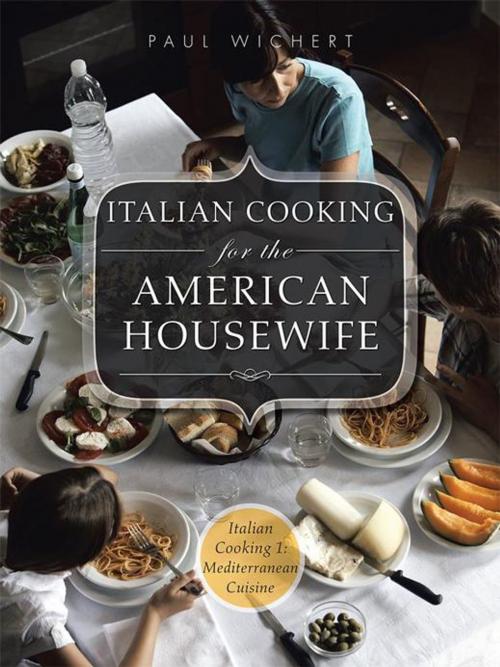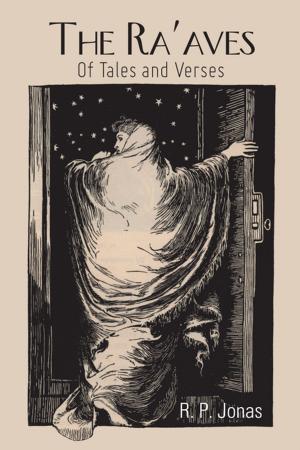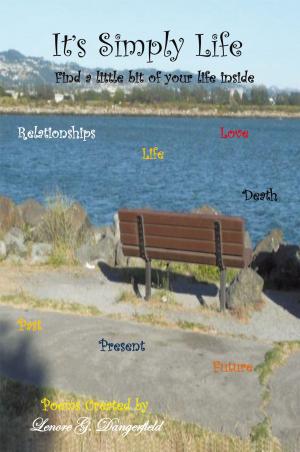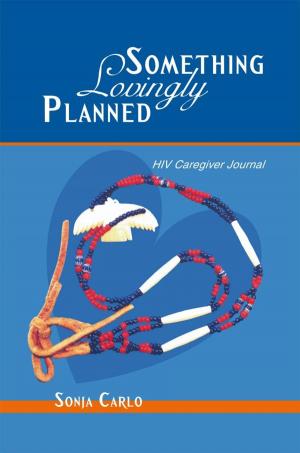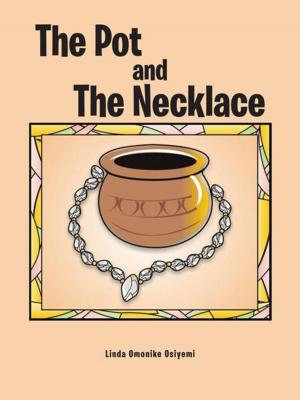Italian Cooking for the American Housewife
Italian Cooking 1: Mediterranean Cuisine
Nonfiction, Food & Drink, International, European, Italian, Entertaining| Author: | Paul Wichert | ISBN: | 9781496937780 |
| Publisher: | AuthorHouse | Publication: | September 12, 2014 |
| Imprint: | AuthorHouse | Language: | English |
| Author: | Paul Wichert |
| ISBN: | 9781496937780 |
| Publisher: | AuthorHouse |
| Publication: | September 12, 2014 |
| Imprint: | AuthorHouse |
| Language: | English |
This cookbook is a set of lessons from our Italian host school that the chef put together especially for the newcomers from America. Recipes from the Mediterranean region were presented as lessons in Italian and an Italian/English translator previewed the recipes with us so we always knew what the dish is called, the ingredients, and how to make it. Fortunately, a menu plan was given to us each day so we could read the recipes in Italian and make notes on the paper. At the end of our stay in Otranto, we were assigned a large menu meant to feed a party of twenty. With everyone gathered round; the invited guests, school staff and administrators we served a six course meal one course at a time. Afterwards, the formalities included photo opportunities as each student was presented with a certificate of completion and the course packet of about fifty recipes including a letter from the school principal. His letter is the missing perspective on why a group of American culinary students are in this city and at his school. Total immersion into the local community meant accepting the Italian language in all its forms: spoken, written and historical. While translating for this book I developed a written accent and it remains as a colorful imprint. Because I wanted to bring Italy home with me and this is a way to share the charm. Reading certain passages aloud will highlight the rhythm and character.
This cookbook is a set of lessons from our Italian host school that the chef put together especially for the newcomers from America. Recipes from the Mediterranean region were presented as lessons in Italian and an Italian/English translator previewed the recipes with us so we always knew what the dish is called, the ingredients, and how to make it. Fortunately, a menu plan was given to us each day so we could read the recipes in Italian and make notes on the paper. At the end of our stay in Otranto, we were assigned a large menu meant to feed a party of twenty. With everyone gathered round; the invited guests, school staff and administrators we served a six course meal one course at a time. Afterwards, the formalities included photo opportunities as each student was presented with a certificate of completion and the course packet of about fifty recipes including a letter from the school principal. His letter is the missing perspective on why a group of American culinary students are in this city and at his school. Total immersion into the local community meant accepting the Italian language in all its forms: spoken, written and historical. While translating for this book I developed a written accent and it remains as a colorful imprint. Because I wanted to bring Italy home with me and this is a way to share the charm. Reading certain passages aloud will highlight the rhythm and character.
